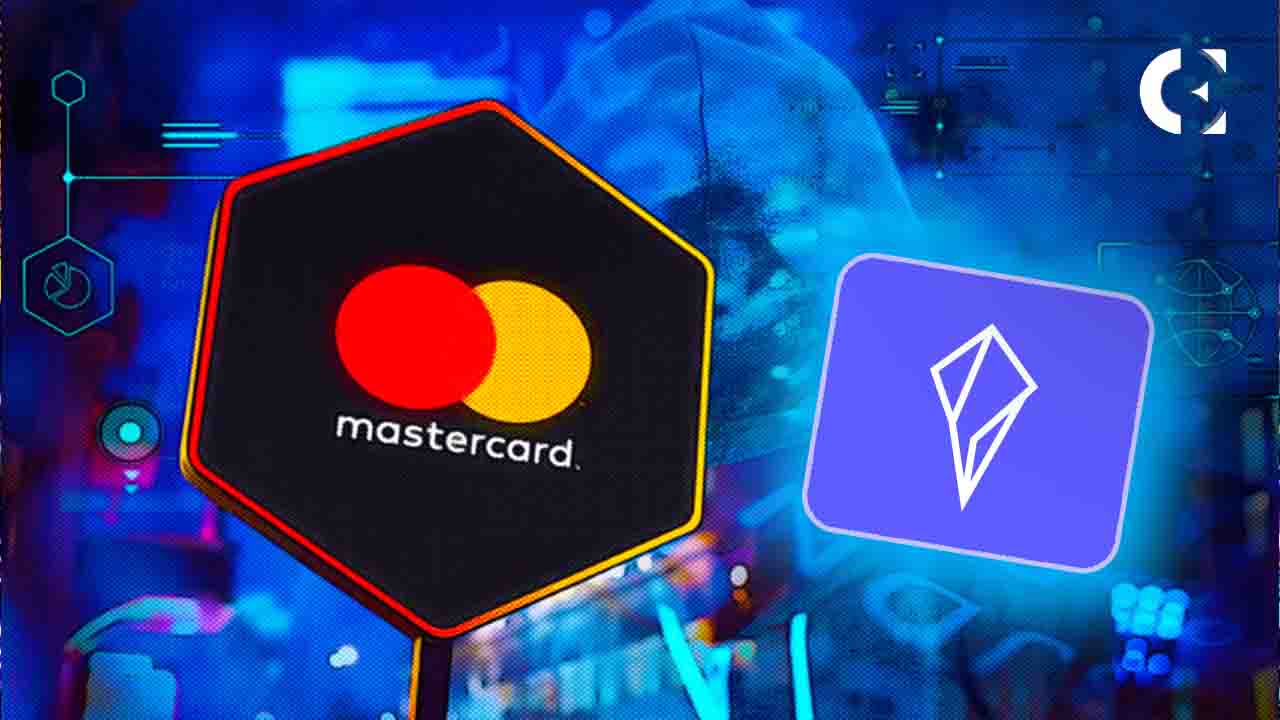- Mastercard selected Polygon to power verified aliases for self-custody crypto wallets.
- The system replaces complex wallet addresses with usernames, handled by Mercuryo.
- Polygon was chosen for its settlement speed and high stablecoin transaction volume.
Mastercard has chosen the Polygon blockchain to power a new identity standard for self-custody wallets. The initiative replaces complex wallet addresses with verified usernames. This move aims to simplify digital asset transfers for mainstream users while maintaining self-custody.
Mastercard is expanding its “Crypto Credential” framework to include these non-custodial wallets. This shift signals growing institutional confidence in user-controlled infrastructure.
Related: First Mastercard Credit Card Settlement Pilot Using Ripple’s RLUSD Launches on XRP Ledger
How Verified Usernames Replace Complex Addresses
According to the blog post, Mastercard’s approach centers on verified usernames that connect directly to a user’s self-custody wallet. Mercuryo manages the identity checks, ensuring that each alias belongs to a confirmed individual.
Users then link their wallets and gain access to a portable verification layer that travels across applications in the Crypto Credential network. Additionally, users can mint a soulbound credential on Polygon that signals their verified status onchain.
This design simplifies the steps required for users to receive digital assets. It also removes the need to confirm long hexadecimal strings. Consequently, transfers begin to resemble familiar online interactions. The companies involved state that the next phase will introduce sending functionality, expanding the flow.
Why Mastercard Chose Polygon’s Infrastructure
Polygon offers features that align with institutional expectations for reliability, cost efficiency, and predictable settlement. The recent Rio upgrade removed reorg risks and enabled stateless validation, which lowers operating costs for builders.
Moreover, the Heimdall v2 upgrade increased throughput and increased settlement speed. Polygon plans to scale toward 5,000 transactions per second in the coming months, strengthening its competitive position.
Related: Mastercard Poised to Acquire Crypto Startup Zerohash for Nearly $2 Billion
Significantly, billions in stablecoin transactions already move across Polygon each month. Fintech firms, neobanks, and payment processors rely on the network for fast transfers, making it a suitable base for identity-driven payment tools. Hence, Mastercard’s adoption fits within a broader trend of payment infrastructure shifting toward public blockchains.
The Next Phase: Identity-Driven On-Chain Commerce
The integration sets the stage for a new phase of applications that combine identity, compliance, and self-custody. Developers can now build wallet onboarding flows, merchant tools, and identity-enabled payment experiences on Polygon.
Moreover, the introduction of portable verification encourages a more unified global user experience. The companies behind the initiative anticipate broader institutional participation as verified transfers become a standard feature within onchain financial systems.
Disclaimer: The information presented in this article is for informational and educational purposes only. The article does not constitute financial advice or advice of any kind. Coin Edition is not responsible for any losses incurred as a result of the utilization of content, products, or services mentioned. Readers are advised to exercise caution before taking any action related to the company.







